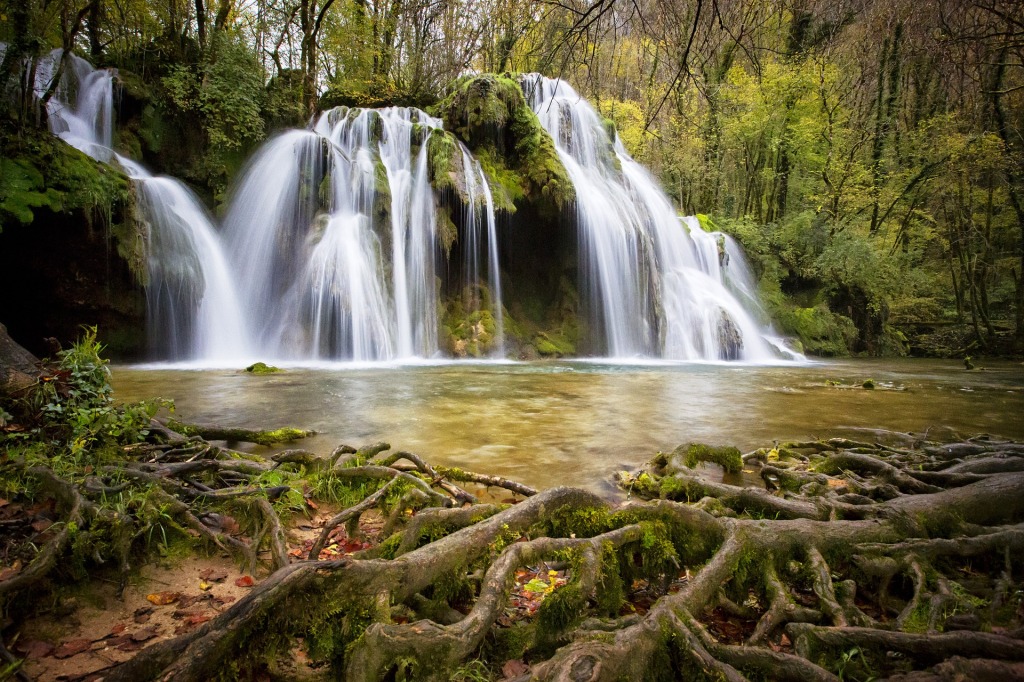Reading: Psalm 121
Verse 2: “My help comes from the Lord, the maker of heaven and earth.”

Psalm 121 is one of the Songs of Ascent – songs that were sung as people headed up to worship. Jerusalem and the temple were built upon hills that physically required upward movement. The Psalm begins with a lifting of the eyes, with a look up towards God. As movement is definitely part of our Lenten journey, this Psalm fits right in. These words today speak of a physical journey. This is certainly part of our faith too. We go to worship, to classes, to events to grow in our faith. And we also go to our sacred spaces – the sanctuary, the beach, the path in the woods… – when we need to feel God’s presence in times of need.
The psalmist declares, “My help comes from the Lord, the maker of heaven and earth.” The writer recognizes that the Lord is personal – “my help” – and that the Lord is all-powerful – “the maker of heaven and earth.” In the remainder of the Psalm we read of God’s constant presence in our lives. The Lord watches over and protects us “both now and forevermore.” To the psalmist, God is always right there, always present. This truth is our truth too. The Lord never leaves us, never “slumbers or sleeps.”
As we take in the whole of this Psalm, we come to recognize our dependence on God. It is humbling to see how totally dependent we are on the Lord. Yet it is also deeply assuring to know that God is always right there. A thanksgiving wells up in me as I am reminded of God’s abiding presence that is a constant in our lives. As we continue on our Lenten journey, may we walk fully assured that God is with us – always.
Prayer: Lord God, yes, my help comes from you! Thank you for reminding me once again that you are always there. May my grateful response today be to make you more fully known to those living outside of a relationship with you. Use me as you will to reveal your love to the world. Amen.



